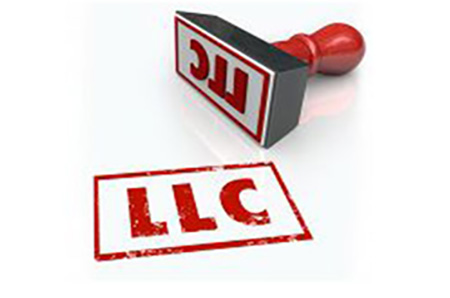What is the SBA $10,000 DIsaster Loan?
The U.S. Small Business Administration (SBA) has responded to the Coronavirus (COVID-19) pandemic by offering small business owners in all U.S. states, Washington D.C., and U.S. territories and Economic Injury Disaster Loans.
An important aspect of the loan has received an enormous amount of attention. That component is an advance on the loan of “up to $10,000.” The advance is supposed to be available following a successful application for the SBA loan.
The advance is intended to provide financial relief to businesses. Especially to those that are experiencing lost revenue during the Coronavirus pandemic.
No need to be a master of the English language to note the words “up to” in that statement. That escape hatch phrase goes a long way in allowing the SBA to do some pretty crafty things with the loan and the advance. As you’ll see later in this article, the SBA’s recent clarifications of the wording of the advance heavily leverage the phrase “up to.”
The reason this part of the Disaster Loan is important is that the SBA has suggested the advance will not have to be paid back.
Where’s my $10,000 Disaster Loan advance?
If you are asking this quesion, you are not alone. As far as we can tell, no one has received their advance or Disaster Loan yet. Loan applicants across the country are scratching their heads because the SBA initially suggested that the $10,000 grant wuld be available three days after the application.
You read that correctly, three days. A lofty goal by anyone’s standards. The SBA quickly, and with much public criticism, realized their gaff and removed the “three days” language from their website and application.
The website now reads: “The Economic Injury Disaster Loan advance funds will be made available within days of a successful application, and this loan advance will not have to be repaid.”
While no one really knows where your Disaster Loan advance is, we do know this, it’s probably not in your bank account. Yet.
It’s worthwhile to note that the $10,000 grant might be more of a wish list than a dream come true.
The SBA clarifies what “up to” means.
Earlier I noted that the SBA included the phrase “up to” in the description of the $10,000 advance. This week, in a statement from the SBA’s Massachusetts District Office, it was clarified that the SBA plans to limit the scope of the economic injury disaster loans. Even though these loans, advances, and grants are meant to provide businesses with immediate, emergency cash, that cash might be a lot less than many are expecting.
The Massachusetts Office of the SBA clarified that a business will receive $1000 for each employee, up to $10,000. The language of the statement suggested that this clarification affects businesses nation-wide.
So, if you are a business with, one employee, you can expect (at this time) a $1000 check. If your business has 4 employees, your check will be for $4000.
Remember, this is capped at $10,000, so if you have 15 employees, you will still only get a $10,000 advance or grant.
The relationship to other loan programs.
Adding complexity into the mix is how the SBA’s Disaster Loan relates to other programs, like the paycheck protection program (PPP).
Things seem to get more clear day by day and the current landscape suggests that the SBA Disaster Loan can be rolled into a PPP loan. The grant will be subtracted from the amount that gets forgiven.
What should you do right now?
First of all, if you have not applied for the SBA Disaster Loan with up to $10,000 in grant/advance funds, you should do so. Click through to our COVID-19 portal of legal information to find the link.
Next, it’s time to be patient. We are in an ever-changing set of conditions and things change hour-by-hour. Once you’ve applied, all you can do is wait and see.
What will be interesting to many is how much of an advance will be given out. Will it really be only $1000 per employee? Patience and time will tell us.




 It may be difficult to ascertain what exactly has changed under the new Tax Cuts and Jobs Act and how these changes may affect you and your business. This article will provide an overview of how the new tax law will affect business, whether you are part of a large corporation or own your own small business, by identifying the information you need to know about each major provision.
It may be difficult to ascertain what exactly has changed under the new Tax Cuts and Jobs Act and how these changes may affect you and your business. This article will provide an overview of how the new tax law will affect business, whether you are part of a large corporation or own your own small business, by identifying the information you need to know about each major provision.



















